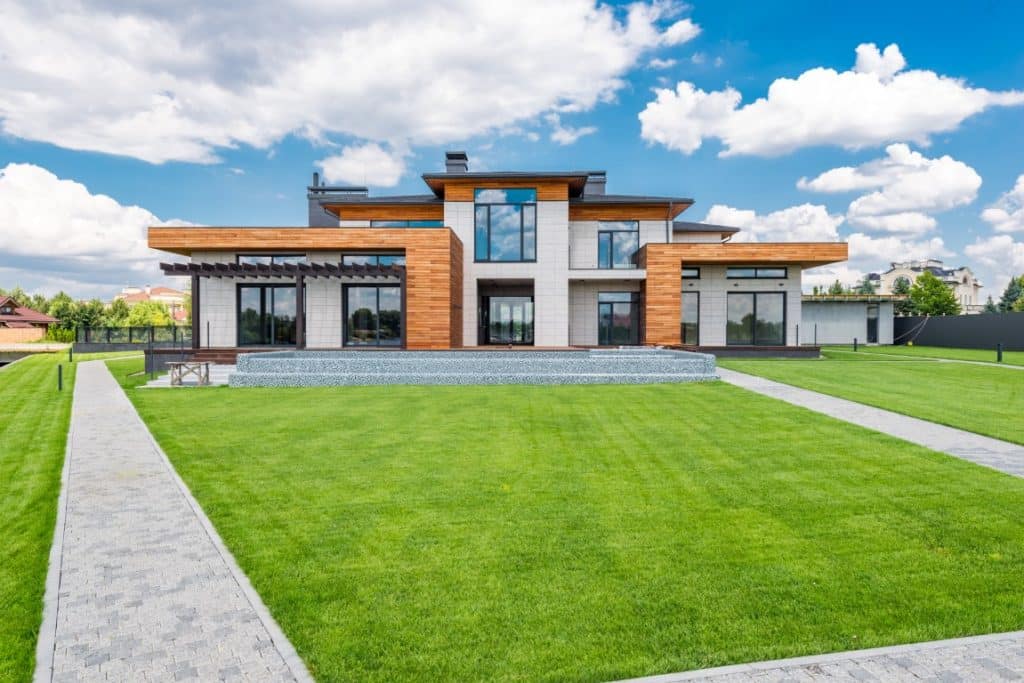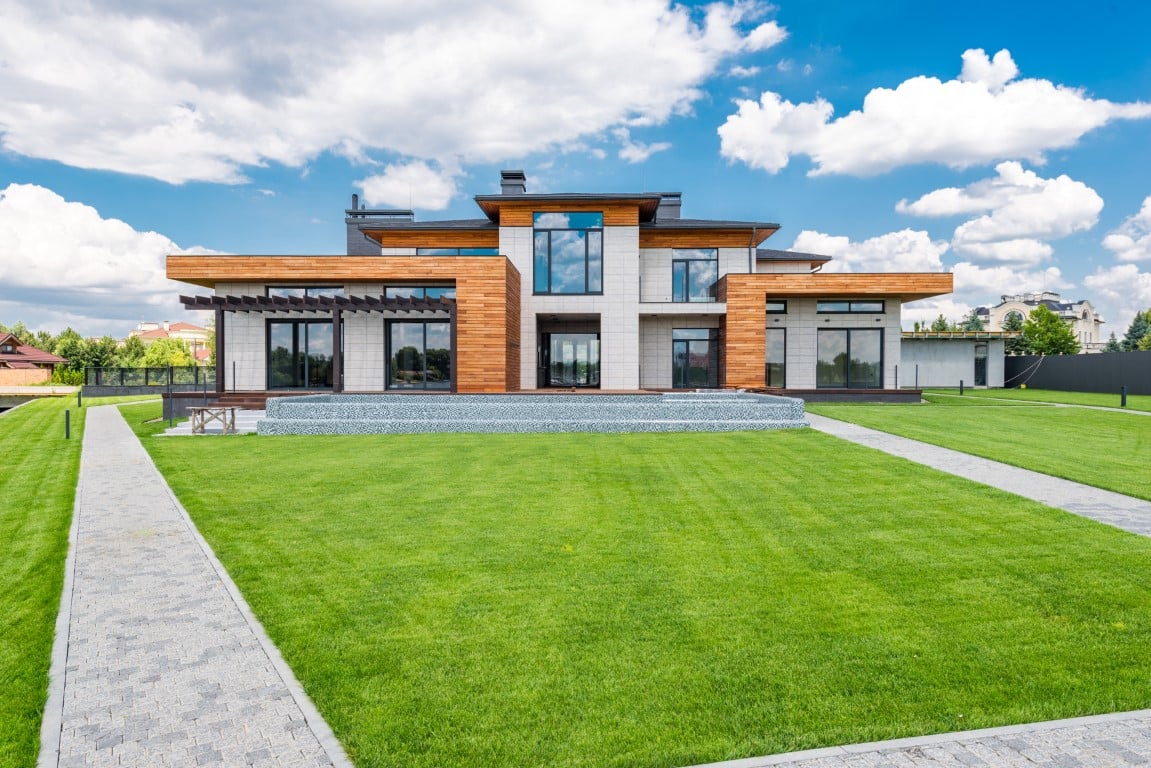How to Improve Tenant Retention in Your Commercial Property Management in Atlanta?
As a commercial property manager in Atlanta, you understand the importance of tenant retention. Keeping your tenants happy and loyal is critical to your success, and it all begins with building strong relationships. In this comprehensive guide, we will discuss how to improve tenant retention in your commercial property management business in Atlanta.
What is Tenant Retention and Why is it Important for Commercial Property Management in Atlanta?
Tenant retention is the ability of a property manager to retain their current tenants over an extended period of time. In the world of commercial property management, tenant retention is essential for success. Retaining tenants means fewer vacancies, less turnover, and a more stable income stream. This stability translates to lower operating costs, and higher property values. In short, tenant retention is the lifeblood of commercial property management.
5 Tips to Build Lasting Relationships with Your Tenants
Building lasting relationships with tenants is crucial for successful commercial property management in Atlanta. Strong tenant relationships can lead to improved tenant retention rates, reduced vacancy rates, and increased referrals. Here are five tips to help property managers build lasting relationships with their tenants:
- Communication is Key: Building strong relationships with tenants begins with effective communication. Property managers should ensure that they are communicating with tenants regularly and proactively addressing any concerns or issues. This can be achieved through regular newsletters, emails, or in-person meetings.
- Be Responsive: Tenants want to feel that their needs are being heard and addressed in a timely manner. Property managers should ensure that they are responsive to tenant requests and concerns, and provide timely updates on any issues or repairs.
- Offer Value-Added Services: Offering value-added services can help to build tenant loyalty and enhance the overall tenant experience. This can include things like fitness centers, concierge services, or on-site events.
- Keep Your Property Well-Maintained: A well-maintained property can go a long way in building strong relationships with tenants. Property managers should ensure that the property is clean, safe, and in good condition. They should also be proactive in addressing any maintenance issues or repairs.
- Listen to Your Tenants: Listening to your tenants and understanding their needs and preferences can help you to tailor your services and offerings to better meet their needs. This can include things like offering flexible lease terms or providing additional amenities.
In conclusion, building lasting relationships with tenants requires effective communication, responsiveness, value-added services, a well-maintained property, and a willingness to listen to tenants. By following these tips, property managers can build strong relationships with tenants that will lead to improved tenant retention rates and increased success in the competitive real estate industry.

How to Create a Positive Living Environment for Your Tenants?
Creating a positive living environment for tenants is essential for successful commercial property management in Atlanta. Tenants who are happy with their living conditions are more likely to stay longer, refer others, and pay their rent on time. Here are some tips for creating a positive living environment for your tenants:
Conduct Tenant Satisfaction Surveys: To create a positive living environment for your tenants, you need to know what they want and need. Conducting regular tenant satisfaction surveys can help you to gather feedback on what tenants like and dislike about the property, as well as their suggestions for improvements.
Keep the Property Clean and Well-Maintained: A clean and well-maintained property is essential for creating a positive living environment. Regular cleaning, landscaping, and maintenance can help to improve the appearance and functionality of the property.
Provide Adequate Amenities: Providing adequate amenities can go a long way in creating a positive living environment. These can include things like a fitness center, swimming pool, on-site laundry facilities, and parking.
Be Proactive in Addressing Issues: Tenants want to feel that their concerns are being heard and addressed. Property managers should be proactive in addressing any issues or concerns that tenants may have. This can include things like responding quickly to maintenance requests and addressing noise complaints.
Foster a Sense of Community: Fostering a sense of community can help to create a positive living environment and improve tenant retention rates. This can include things like hosting community events, providing common areas for tenants to gather, and encouraging tenant interaction.
In conclusion, creating a positive living environment for tenants is essential for successful commercial property management in Atlanta. Property managers can create a positive living environment by conducting tenant satisfaction surveys, keeping the property clean and well-maintained, providing adequate amenities, being proactive in addressing issues, and fostering a sense of community. By following these tips, property managers can improve tenant satisfaction and retention rates, and create a more successful real estate investment.

The Benefits of Investing in Technology & Automation for Property Managers
Investing in technology and automation has become increasingly important for property managers as the real estate industry continues to evolve. Technology and automation can provide property managers with a wealth of benefits that not only streamline processes, but also enhance the overall tenant experience.
One of the main benefits of investing in technology and automation is increased efficiency. Property managers can utilize a variety of software tools and platforms to automate many of the daily tasks associated with managing properties. This can include everything from collecting rent payments and managing maintenance requests, to tracking tenant applications and screening potential tenants. By automating these tasks, property managers can save time, reduce the risk of errors, and focus on other important aspects of managing their properties.
Another major benefit of technology and automation is improved communication with tenants. Property managers can use technology to communicate with tenants through various channels, such as email, SMS, or online portals. This not only allows for more efficient communication, but it also provides tenants with more flexibility and convenience in how they communicate with their property managers.
Finally, technology and automation can provide property managers with valuable data and insights into tenant behavior. This data can be used to optimize rental prices, identify areas for improvement in property management, and tailor communication strategies to better engage with tenants. By leveraging data and analytics, property managers can make more informed decisions that can positively impact the success of their properties.
In conclusion, investing in technology and automation is crucial for property managers who want to streamline processes, improve communication with tenants, enhance the tenant experience, and gain valuable insights into tenant behavior. As technology continues to evolve, property managers who are proactive in adopting these solutions will be better equipped to succeed in the competitive real estate industry.


